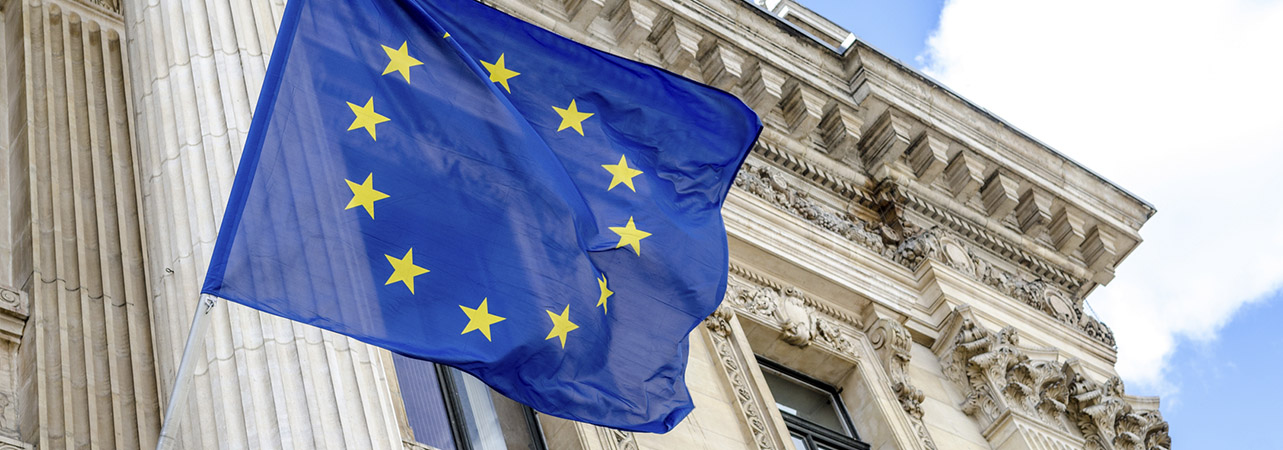The outlook for economic growth in the eurozone has continued to weaken, according to President of the European Central Bank (ECB) Mario Draghi, who cited trade wars, geopolitical tensions, and the possibility of a hard Brexit. The ECB believes that fiscal policy is likely to be “of the essence” if the outlook continues to deteriorate.
- The EC trimmed its 2020 forecast for economic growth in the eurozone
- Germany’s manufacturing sector continued to struggle
- The IMF’s Christine Lagarde will become ECB President from November
To view the series of market updates through July, click here
The outlook for economic growth in the eurozone has continued to weaken, according to President of the European Central Bank (ECB) Mario Draghi, who cited trade wars, geopolitical tensions, and the possibility of a hard Brexit. The ECB believes that fiscal policy is likely to be “of the essence” if the outlook continues to deteriorate; policymakers expect to take a “highly accommodative” monetary policy stance for a “prolonged period”, stoking speculation over the possibility of a fresh wave of monetary easing as soon as September.
“Confidence amongst German consumers continued to decline”
The European Commission (EC) downgraded its economic growth forecast for the eurozone in 2020 from 1.5% to 1.4%, highlighting trade tensions and policy uncertainty, but left its 2019 forecast unchanged at 1.2%. The EC trimmed its prediction for inflation this year from 1.4% to 1.3%, compared with the ECB’s target inflation rate of “below, but close to, 2% over the medium term”.
Mr Draghi will stand down as ECB President at the end of October, to be replaced by the Managing Director of the International Monetary Fund (IMF), Christine Lagarde. According to S&P Dow Jones Indices, Christine Lagarde is regarded as “dovish” and likely to carry on with Mr Draghi’s policies. Italy’s David-Maria Sassoli was chosen to become the new President of the European Parliament, and Germany’s Ursula von der Leyen was selected to be President of the European Commission. Elsewhere, Greece elected a new centre-right Government under New Democracy’s Kyriakos Mitsotakis.
The backdrop in Germany – Europe’s largest economy – continued to deteriorate, according to IHS Markit, which found that the country’s manufacturing sector had continued to struggle in July, posting its worst performance for seven years. Meanwhile, job creation in the manufacturing sector decelerated to its slowest pace in more than four years. Sentiment in Germany’s manufacturing sector is “in freefall”, according to the Ifo Institute, which warned that the German economy is “navigating troubled waters”.
Confidence amongst German consumers continued to decline. GfK reported that fears of recession were being fuelled by trade tensions, Brexit-related uncertainties, and the broader global economic slowdown. The biggest threat to confidence, however, is consumers’ fear of job losses. The Dax Index fell by 1.7% during July, dampened by profit warnings from car manufacturer Daimler and chemicals company BASF, while France’s CAC 40 Index declined by 0.4%.
A version of this and other market briefings are available to use in our newsletter builder feature. Click here




